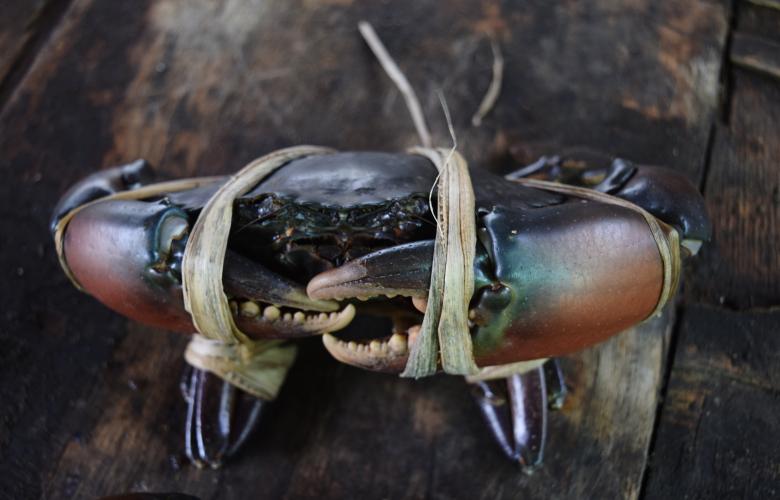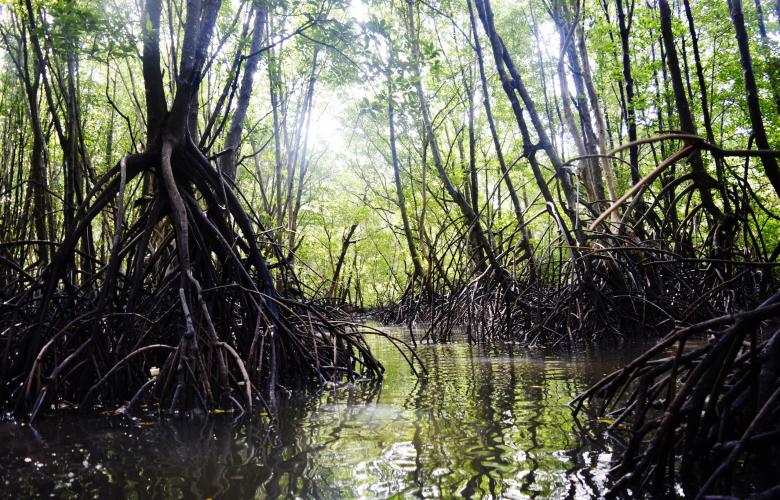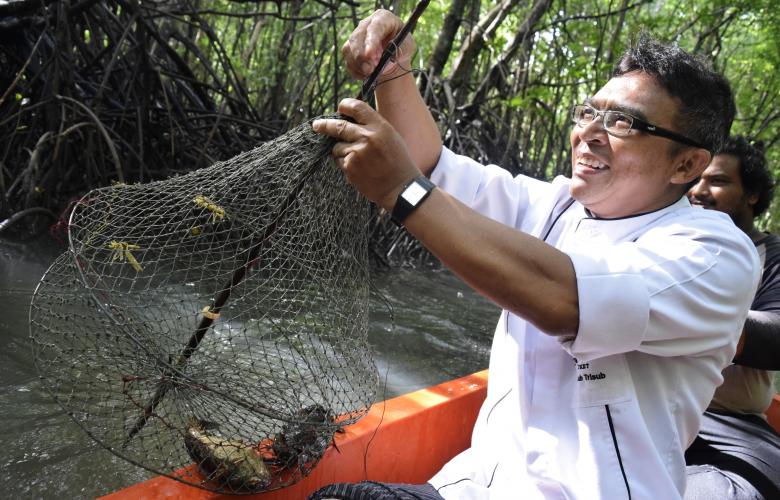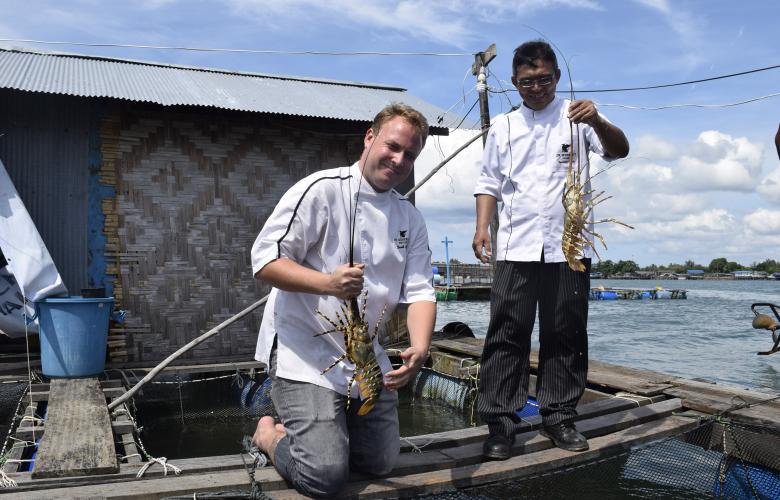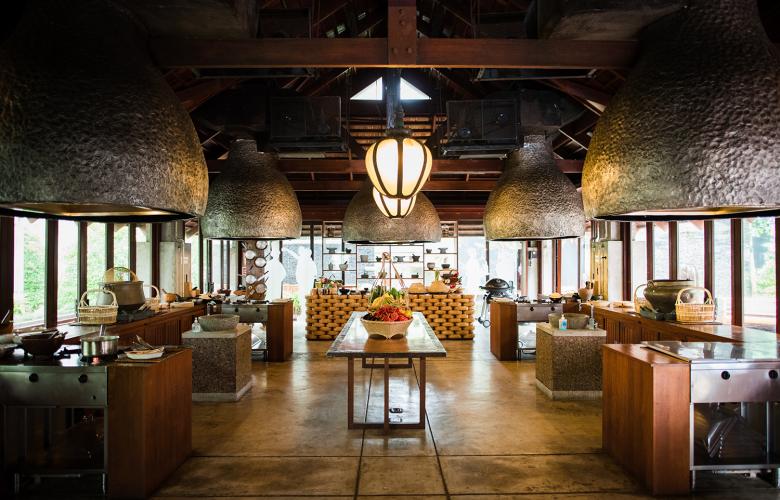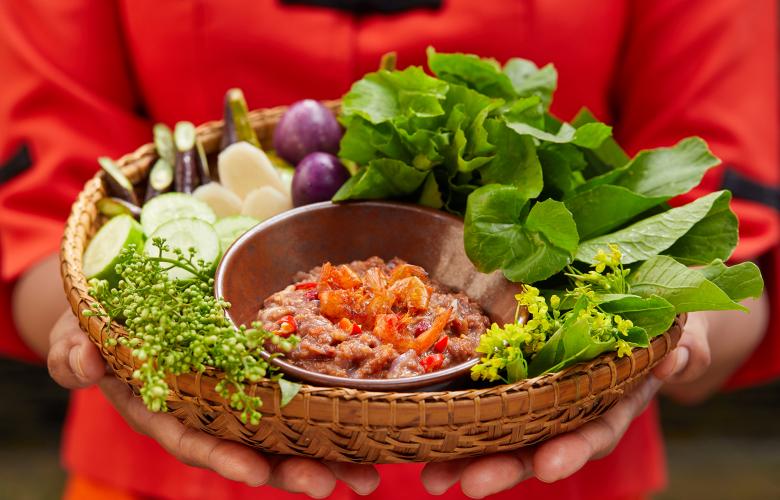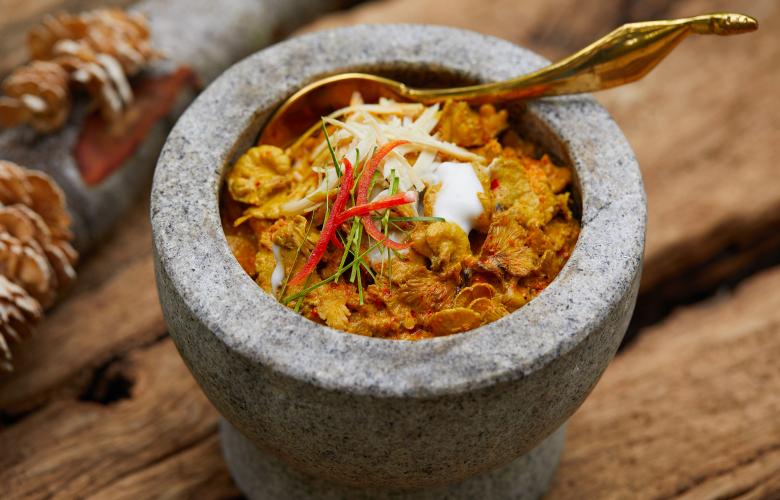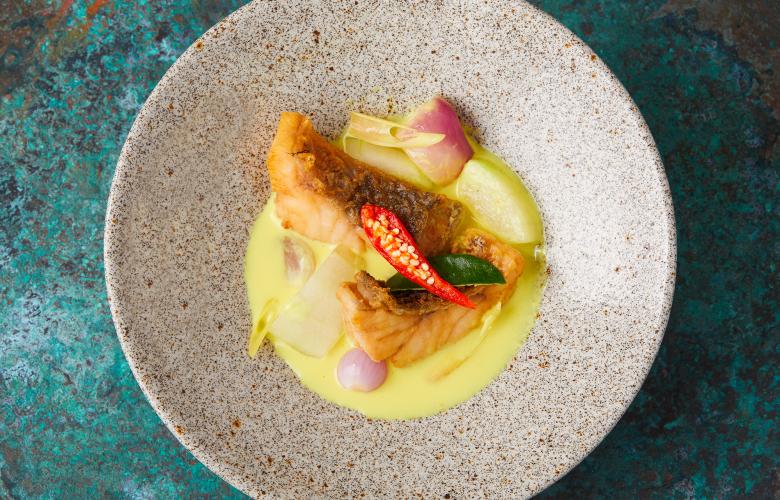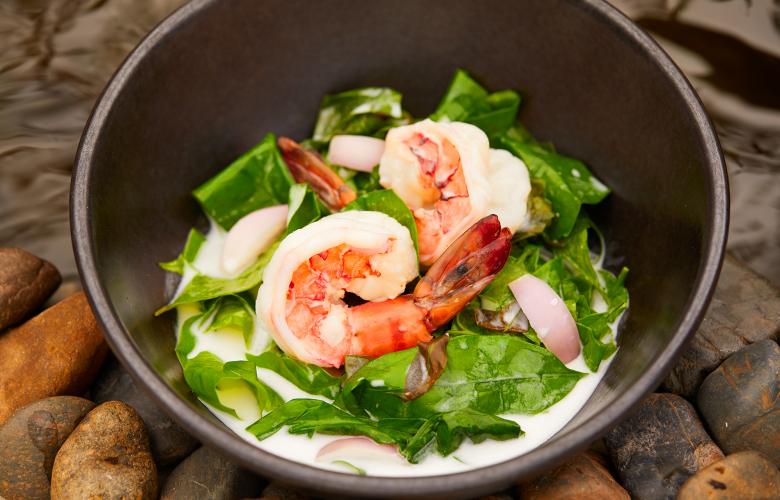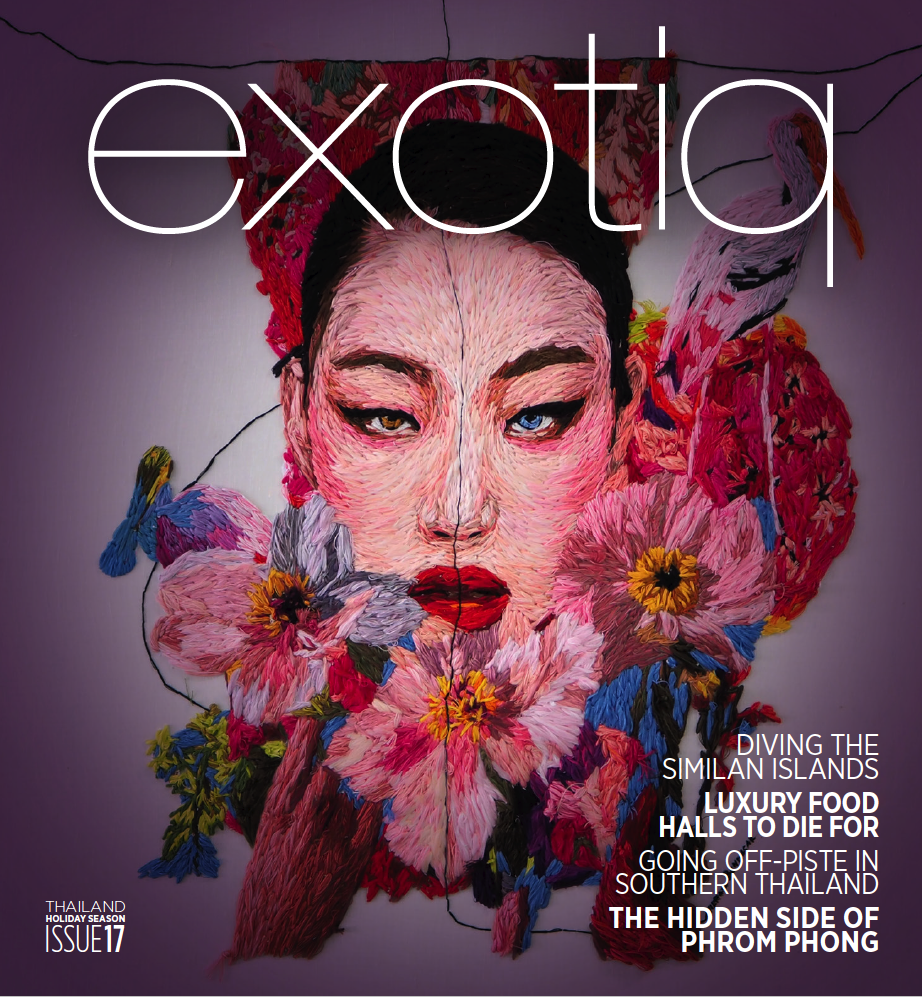SELECT LOCATION
- exotiq
- Bangkok
- Bangkok - Downtown
- Bangkok - East
- Bangkok - North
- Bangkok - Riverside West
- All Bangkok
- Central Thailand
- Eastern Thailand
- Northeast Thailand
- Northern Thailand
- Southern Thailand
- Southern Thailand - Chumphon
- Southern Thailand - Krabi
- Southern Thailand - Phang Nga
- Southern Thailand - Phuket
- Central Island - Phuket
- Central West Coast - Phuket
- Bang Tao Beach - Phuket (Central West Coast)
- Emerald Bay - Phuket (Central West Coast)
- Kalim Beach - Phuket (Central West Coast)
- Kamala Beach - Phuket (Central West Coast)
- Laguna - Phuket (Central West Coast)
- Layan Beach - Phuket (Central West Coast)
- Patong Beach - Phuket (Central West Coast)
- Surin Beach - Phuket (Central West Coast)
- All Central West Coast - Phuket
- East Coast - Phuket
- North West Coast - Phuket
- Small Islands - Phuket
- South West Coast - Phuket
- Southern Coast - Phuket
- All Southern Thailand - Phuket
- Southern Thailand - Satun
- Southern Thailand - Songkhla
- Southern Thailand - Surat Thani
- All Southern Thailand
- Visit our partner sites
- Visit our partner sites
- The Business Page
Australia - The Business Conversation
Australia - The Hotel Page
Australia, New Zealand and South Pacific - The Hotel Conversation
Australia, New Zealand and South Pacific - The Real Estate Conversation
Australia - The Home Page
Australia - Luxury List
Australia - The Canberra Voice
Australia - The Industrialist
Australia - Gapura Bali
Indonesia - Gapura Jakarta
Indonesia - Mingalar Real Estate Conversation
Yangon, Myanmar - Recon jobs
Australia - RETalk Asia
Asia - RETalk Mena
Middle East and North Africa - RETalk Malaysia
Malaysia - REthink Tokyo
Japan - The ASEAN Developer
Association of Southeast Asian Nations - Exotiq
Thailand - Suay Phuket
Thailand - COMMO
Australia

